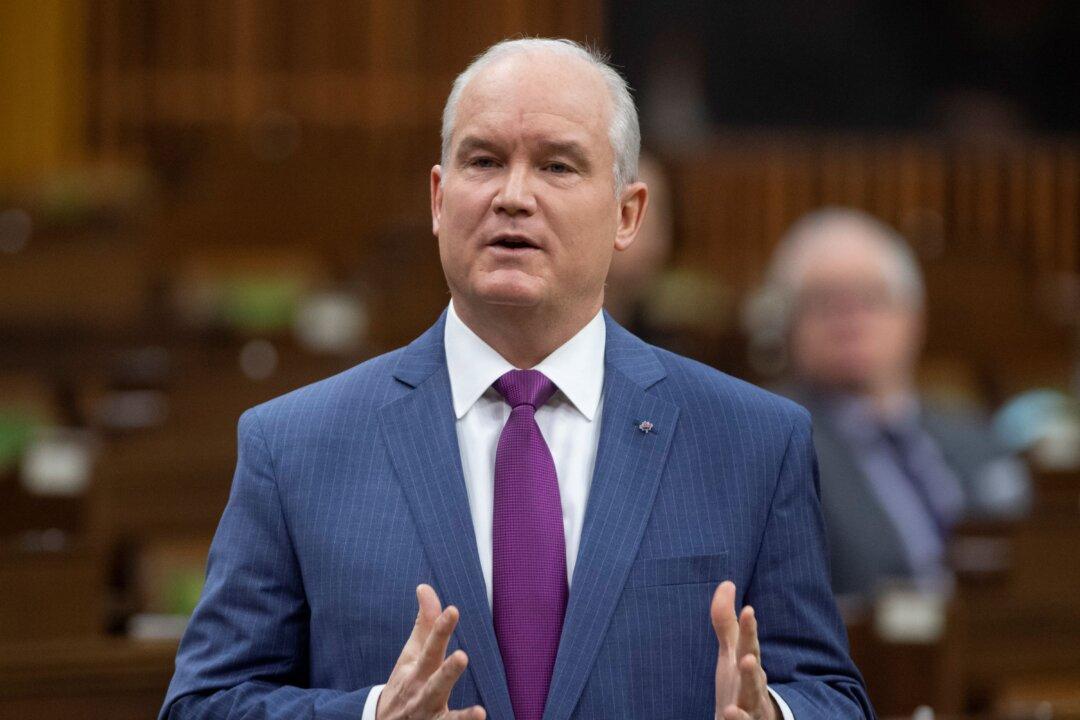Two decades ago, the Western world brought China into the rules-based trading system of the World Trade Organization, the argument being that helping China develop economically would entice the communist regime to respect human rights and the rule of law.
“We’ve been wrong,” Conservative Party Leader Erin O'Toole told The Epoch Times in an interview.





